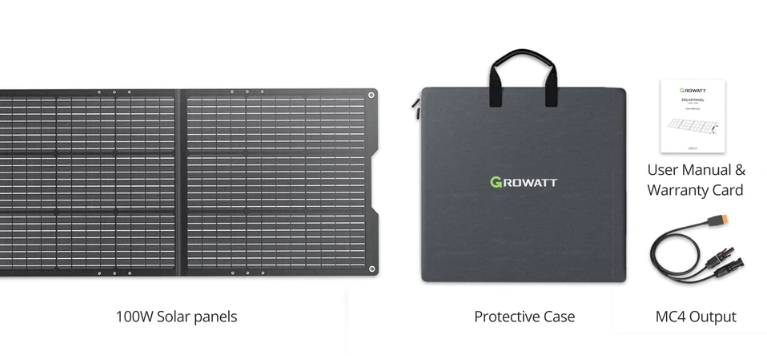When it comes to preparing for power outages, homeowners have two primary options: home backup generators and battery systems. Both solutions offer reliable backup power, but they differ in terms of functionality, cost, and environmental impact. In this article, we will compare home backup generators and battery systems, helping you choose the most suitable energy backup solution for your home.
Home Backup Generators: Home backup generators are standalone devices that use fossil fuels, such as gasoline, diesel, or natural gas, to generate electricity. They are typically installed outside the home and automatically activate during a power outage. Here are some key points to consider:
- Power Capacity: Home backup generators are available in various sizes and power capacities, ranging from a few kilowatts to several dozen kilowatts. The size you choose depends on your power needs and the number of appliances and devices you want to power during outages.
- Quick Power Restoration: Home backup generators provide immediate power when the main grid fails. They automatically detect power outages and switch on within seconds, ensuring a seamless transition to backup power. This quick restoration of electricity is advantageous for homes that require continuous power, such as those with medical equipment or essential business operations.
- Fuel Requirements: Home backup generators rely on fossil fuels, which means you need a steady supply of gasoline, diesel, or natural gas. The fuel storage capacity and consumption rate should be considered, especially during extended power outages. It's essential to have a sufficient fuel supply to ensure continuous operation.
- Maintenance and Noise: Home backup generators require regular maintenance to ensure optimal performance. This includes periodic oil changes, filter replacements, and professional inspections. Additionally, these generators can produce noise during operation, which may be a concern for homeowners in noise-sensitive areas.

Battery Systems: Battery systems, on the other hand, store electricity generated from renewable sources or the grid and provide backup power during outages. Here are some key considerations for battery systems:
- Energy Storage Capacity: Battery systems come in different sizes and storage capacities, typically measured in kilowatt-hours (kWh). The size of the battery determines the amount of backup power available. Assess your power needs to determine the appropriate capacity for your home.
- Renewable Energy Integration: Battery systems can be paired with renewable energy sources, such as solar panels or wind turbines. This allows homeowners to store excess energy generated during normal operation and utilize it during outages. It offers a sustainable and environmentally friendly backup power solution.
- Depth of Discharge and Cycle Life: Battery systems have a limited depth of discharge, which means they cannot be fully drained without potentially reducing their lifespan. It's crucial to understand the cycle life and discharge limits of the battery system you choose, as this affects its long-term performance and durability.
- Maintenance and Environmental Impact: Battery systems require minimal maintenance compared to home backup generators. However, they may need occasional inspection and monitoring to ensure proper functionality. Additionally, batteries used in these systems should be disposed of or recycled responsibly to minimize their environmental impact.
Choosing the Right Solution: When deciding between a home backup generator and a battery system, consider the following factors:
- Power Needs: Assess your power requirements during outages. Determine the essential appliances and devices you need to power and calculate the total wattage to ensure the chosen solution can meet your needs.
- Budget: Consider your budget for the initial purchase, installation, and ongoing maintenance costs. Home backup generators typically have lower upfront costs, while battery systems may require a larger investment but offer long-term energy savings.
- Environmental Impact: If sustainability is a priority for you, battery systems paired with renewable energy sources are a greener option.
